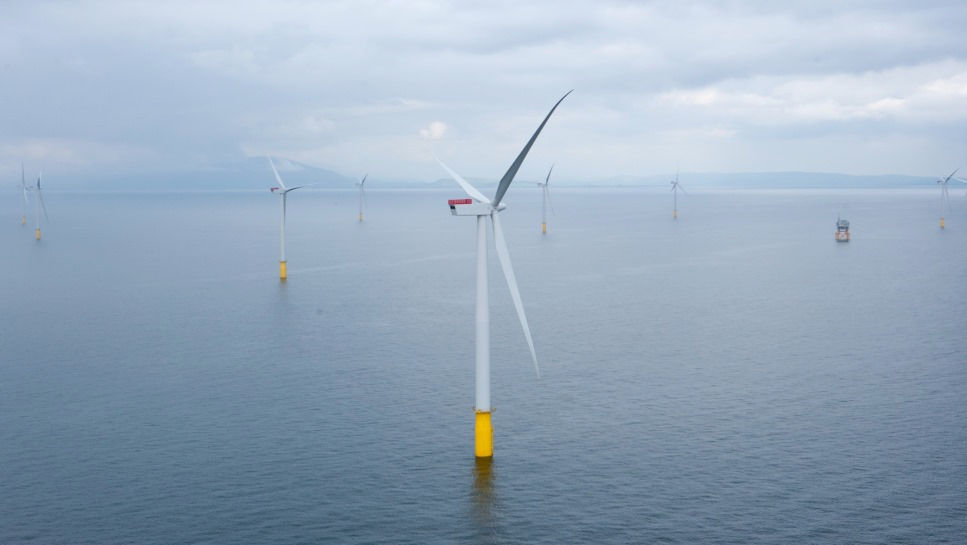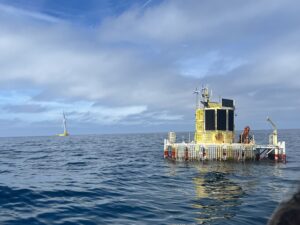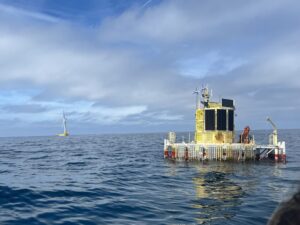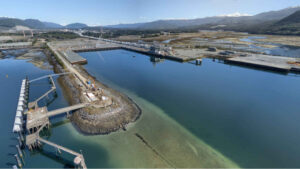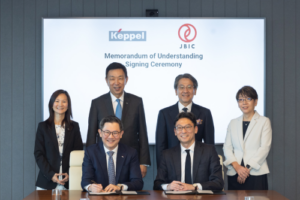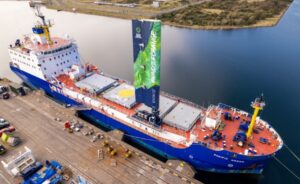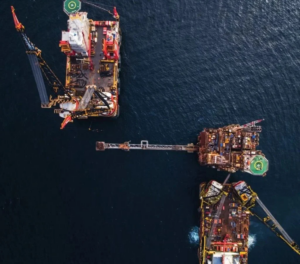UK urged to set ‘realistic’ transition goals and connection reform for clean energy growth
UK-based grid-scale battery energy storage developer Kona Energy has outlined a seven-point plan in its connection reform consultation response, calling for achievable targets to boost investor confidence by implementing the UK’s connection reform process to avoid undermining energy security and investments in critical infrastructure projects.
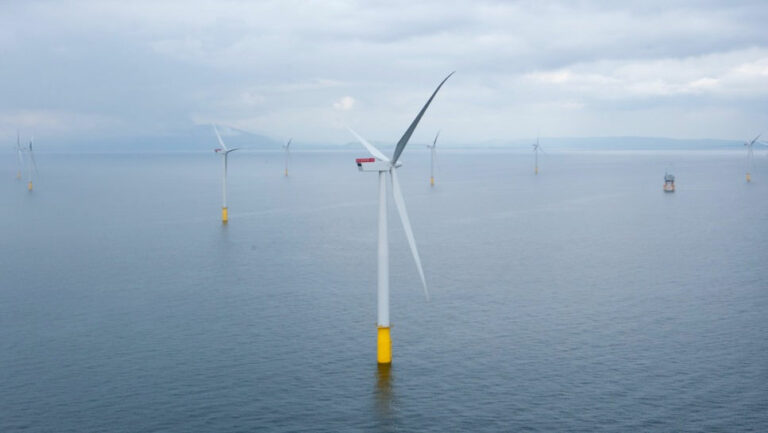
The firm warns that the government’s Clean Power 2030 ambition is unattainable under the current framework and proposes focusing on a more realistic 2035 timeline.
The company stresses the importance of aligning connection reforms with the capacity market (CM) to avoid jeopardizing key projects and investor confidence.
“The Clean Power 2030 ambition is laudable, but it is clear we will not meet it. My final message to Government, NESO & OFGEM would be to focus on 2035 and provide much-needed certainty for projects connecting before 2030,” said Andy Willis, CEO of Kona Energy.
Seven-point proposal to tackle inefficiencies
Kona Energy’s recommendations focus on prioritizing ready projects, addressing delays, and ensuring a more efficient transition to clean energy. The plan outlines the following:
- Exempt proven projects: Transmission projects with CM agreements or contracts for difference (CFDs) should be exempt from delays under connection reforms to maintain investor confidence.
- Prioritize advanced projects: Only projects that have secured planning permissions and can reach a final investment decision within six months should be prioritized.
- Enforce queue management: Projects that remain idle in the queue for years must be removed to prevent further delays.
- Acknowledge transmission delays: Due to resource constraints, transmission operators are unlikely to build new connections for ready projects before 2028, risking further delays for operational projects.
- Recognize procurement timelines: Long lead times for equipment such as extra-high voltage transformers and switchgear (often exceeding 24 months) hinder project deployment.
- Tackle constraint costs: Projected annual constraint costs of £10 billion ($12,6 billion) due to transmission delays threaten public support for renewables. History is not favorable when considering projects such as the Western Link or Hinkley Point C, Kona Energy noted.
- Value storage solutions: Kona Energy highlights the inadequacy of current modeling for energy storage, advocating for updated calculations to reflect modern costs and benefits.
“We cannot afford to set unachievable goals that only create uncertainty and delay critical projects. Focusing on 2035 as a realistic target while providing certainty for projects connecting before 2030 is essential for investor confidence and energy security,” Wills added.
“Kona proposes that any transmission connected project that has successfully prequalified and secures a CM Contract in March 2025 will not have to undergo the Connection Reform process. The timings of this reform are crucial in so far as OFGEM are not going to approve any Connection Reform Plans until April 2025.”
Capacity market alignment
Kona Energy’s open letter also addresses the misalignment between the CM and proposed connection reforms. The company urges the UK government, National Energy System Operator (NESO), OFGEM, and the Department for Energy Security and Net Zero (DEZNEZ) to create transitional arrangements to safeguard critical energy projects.
“The Capacity Market provides a robust framework for ensuring the UK’s energy security. Projects that prequalify and secure CM contracts demonstrate readiness and are critical to keeping the lights on,” Willis stated.
“Requiring these projects to reapply for connections under a new system could delay deployment, discourage investment, and undermine the very purpose of the CM. An urgent rethink is required.”
Kona proposes that projects with CM contracts bypass the new connection process. According to Willis, this would safeguard projects deemed essential to UK energy security and maintain the confidence of investors during critical times.
Clean power 2030 at risk
Kona Energy argues that NESO’s proposed reforms fail to prioritize truly ready projects, exacerbating delays and risking the UK’s clean energy ambitions.
The company warns of a potential investment hiatus due to uncertainty created by the proposed reforms, further undermining the government’s Clean Power 2030 goals.
To ensure the UK’s transition to clean energy remains on track, Kona Energy has called for immediate changes, urging the government and energy authorities to adopt pragmatic reforms.
“We should not have a system where the Connections Process creates a year-long investment hiatus, rewarding speculative projects over truly ready ones,” Willis warned.

